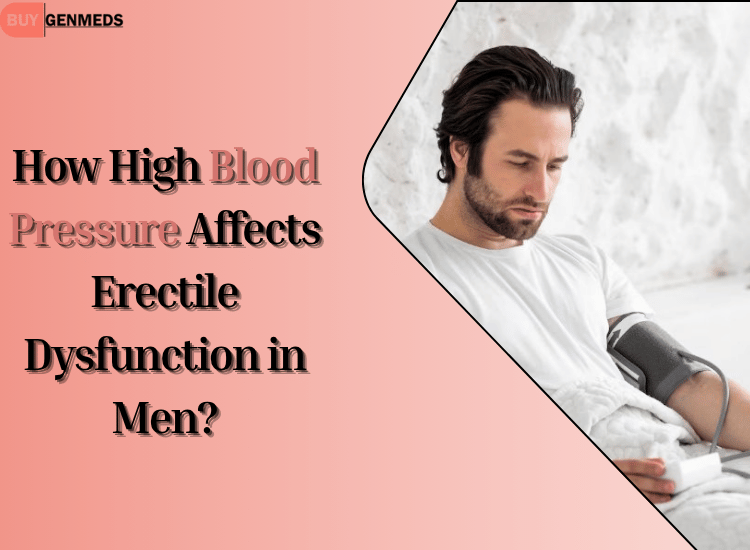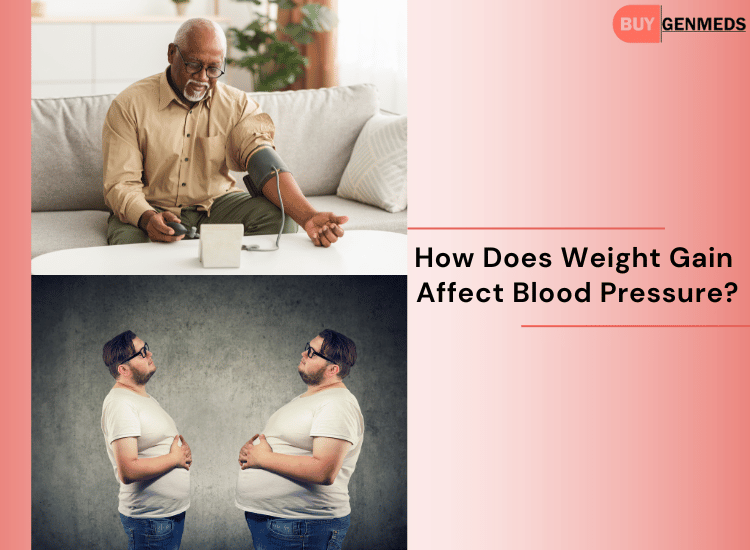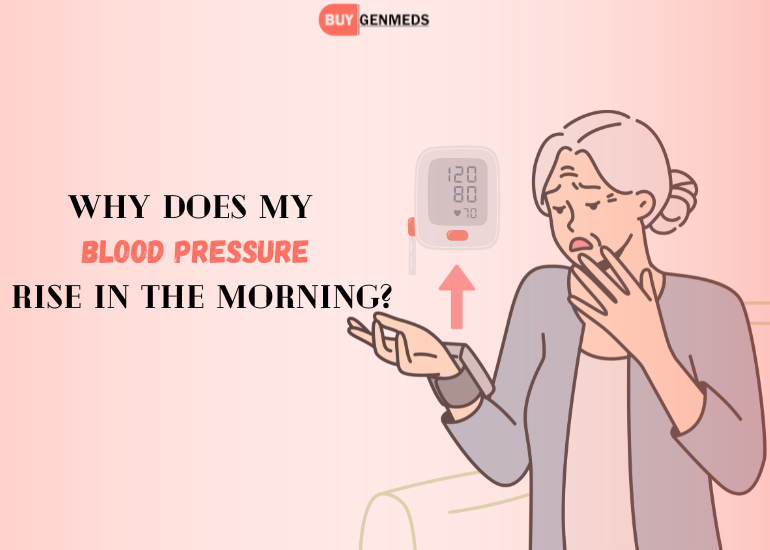Blood pressure is a vital indicator of our overall health, reflecting the force of blood as it moves through our arteries.
While much attention is often given to high hypertension (hypertension), low blood pressure (hypotension) can be equally concerning, particularly when it leads to symptoms that affect daily life.
Low blood pressure in men can manifest differently than in women, and understanding the symptoms, causes, and potential management strategies is crucial for maintaining health and well-being.
What is Low Blood Pressure?
Low hypertension, or hypotension, occurs when the force of blood pushing against the walls of the arteries is consistently lower than normal.
Blood pressure readings consist of two numbers: systolic pressure (the higher number) measures the pressure in the arteries when the heart beats, and diastolic pressure (the lower number) measures the pressure in the arteries between heartbeats.
A typical hypertension reading is around 120/80 mmHg. Hypotension is generally defined as a systolic pressure below 90 mmHg and/or a diastolic pressure below 60 mmHg.
Symptoms of Low Blood Pressure in Men
The symptoms of low blood pressure in men can vary depending on the severity of the condition and the underlying causes.
While some men may experience only mild symptoms, others may have more pronounced and debilitating effects. Here are the key symptoms to watch for:
Dizziness and Lightheadedness
- One of the most common symptoms of low hypertension is dizziness or lightheadedness, particularly when standing up suddenly from a sitting or lying position.
This is known as orthostatic hypotension, a condition where blood pressure drops significantly upon standing, leading to reduced blood flow to the brain.
Fainting (Syncope)
- Fainting or passing out is a more severe symptom of low hypertension. It occurs when the brain doesn’t receive enough oxygen due to inadequate blood flow. Syncope can be triggered by various factors, including dehydration, stress, or prolonged standing.
Blurred Vision
- Men with low blood pressure may experience blurred vision or tunnel vision, particularly during episodes of dizziness or lightheadedness. This occurs because the eyes are not receiving sufficient blood flow, leading to temporary vision disturbances.
Fatigue
- Persistent fatigue and lack of energy are common in men with low blood pressure. When the body’s organs and muscles are not receiving adequate blood flow, it can lead to feelings of exhaustion and weakness, even after a full night’s sleep.
Nausea
- Nausea and, in some cases, vomiting can occur due to low hypertension. This symptom may be related to reduced blood flow to the digestive system, which can disrupt normal digestive processes.
Cold, Clammy Skin
- Low hypertension can cause the skin to become cold, clammy, and pale. This occurs as the body redirects blood away from the skin to vital organs in an attempt to maintain blood pressure levels.
Causes of Low Blood Pressure in Men
Understanding the underlying causes of low hypertension is crucial for effective management. In men, hypotension can result from a variety of factors, including lifestyle choices, medical conditions, and medication use. Here are some common causes:
Dehydration
- Dehydration reduces the volume of blood in the body, leading to lower hypertension. Men who engage in intense physical activity, work in hot environments, or do not drink enough fluids may be at higher risk of dehydration-induced hypotension.
Heart Conditions
- Certain heart conditions, such as bradycardia (slow heart rate), heart valve problems, or heart failure, can lead to low blood pressure. These conditions affect the heart’s ability to pump blood effectively, resulting in reduced hypertension.
Endocrine Disorders
- Endocrine disorders, such as Addison’s disease (adrenal insufficiency) or hypothyroidism, can disrupt the body’s ability to regulate blood pressure. The adrenal glands produce hormones that help maintain blood pressure, and any disruption in their function can lead to hypotension.
Blood Loss
- Significant blood loss due to injury, surgery, or internal bleeding can lead to a sudden drop in blood pressure. This is because there is less blood available to circulate through the body, resulting in lower pressure in the arteries.
Severe Infection (Septicemia)
- Septicemia, a severe infection that spreads through the bloodstream, can cause a dangerous drop in hypertension known as septic shock. This condition requires immediate medical attention as it can lead to organ failure and death.
Nutritional Deficiencies
- Deficiencies in certain nutrients, such as vitamin B12 and folate, can affect the production of red blood cells, leading to anemia and, subsequently, low blood pressure.
Managing Low Blood Pressure in Men
If you suspect that you have low hypertension or are experiencing any of the symptoms mentioned, it’s important to seek medical advice. A healthcare provider can help determine the underlying cause and recommend appropriate treatment. Here are some general strategies for managing low blood pressure in men:
Increase Fluid Intake
- Staying hydrated is crucial for maintaining healthy blood pressure levels. Drink plenty of water throughout the day, especially if you are physically active, in hot weather, or experiencing symptoms of dehydration. Electrolyte-rich fluids, such as sports drinks, can also help maintain hypertension.
Eat a Balanced Diet
- A diet rich in fruits, vegetables, whole grains, lean proteins, and healthy fats can support overall cardiovascular health and help prevent hypotension. Ensure that your diet includes sufficient amounts of vitamin B12 and folate to prevent anemia-related low hypertension.
Use More Salt
- While excessive salt intake is generally discouraged due to its association with high blood pressure, moderate increases in salt intake can be beneficial for those with low hypertension. However, this should be done under the guidance of a healthcare provider.
Avoid Alcohol
- Limit or avoid alcohol consumption, as it can lower blood pressure and exacerbate symptoms of hypotension. If you do drink, ensure that you stay hydrated and avoid drinking on an empty stomach.







